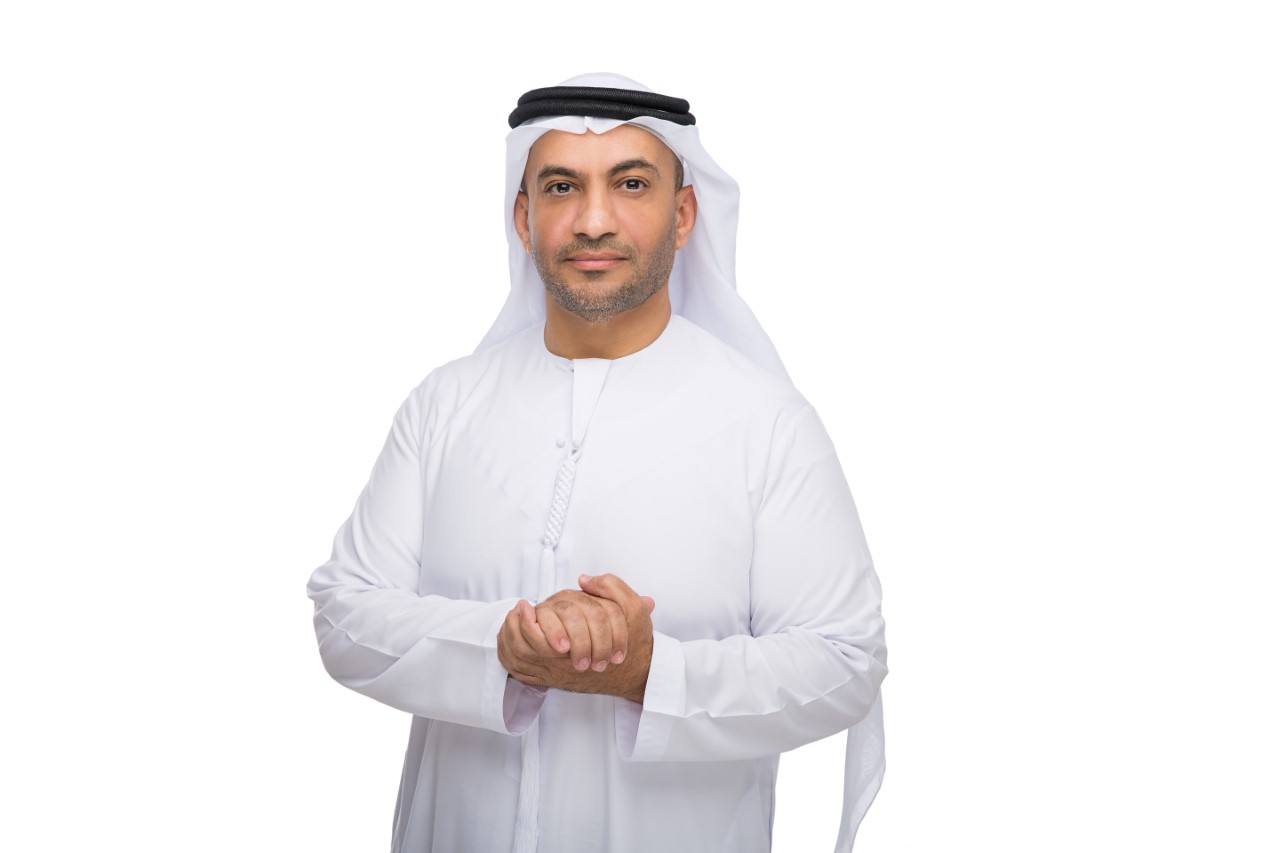Most Read
The Jeddah Summit: Saudi sets the pace
الاثنين - 22 مايو 2023
Mon - 22 May 2023
The summit scene did not materialize without Saudi political and diplomatic endeavors over the preceding months, especially since the Algiers Summit in November 2022, with the aim of bringing forth this scene. It closes a woeful Arab chapter of collective Arab endeavor and initiates a fresh chapter, which may not introduce significant novelty in terms of institutional results, but will certainly differ, at the very least, in terms of organizational framework and overall appearance, by putting an end to the era of disunity and disintegration that cast a shadow over the Arab landscape during the previous decade.
The return of Syria to the Arab fold, despite Western criticism and rejection, carries crucial implications. Some of them pertain to a diverging approach undertaken by Saudi diplomacy in handling connections and partnerships with prominent Western capitals. Others entail accomplishing a noteworthy breakthrough that clears the path for tackling the Syrian crisis, resolving it, and openly engaging in discussions with Damascus within the inter-Arab framework.
This holds particular significance in pivotal issues and concerns, like the Syrian refugees, particularly if the opposition candidate in Turkey emerges victorious in the forthcoming presidential election runoff set for the 28th of this month. He has made a commitment to bring back all Syrian refugees in Turkey within a span of two years, which would present a challenge to Syria, both the government and the ruling body, and would necessitate Arab cooperation with Damascus to avert a humanitarian catastrophe.
Furthermore, there are matters concerning drug trafficking, eliminating terrorism from Syrian soil, the task of rebuilding, and many of these issues are interconnected and have reciprocal consequences. Delaying them would only exacerbate their threat and adverse influence.
The current phase of collective Arab endeavor has seen the Saudi leadership’s remarkable prominence emphasized prior to the summit, as it played host to discussions between the warring factions in Sudan and achieved a significant declaration.
In the face of the inability of all regional and international intermediaries to merely convene the parties around the same table, this stands as a major achievement. The Saudi involvement in this context acts as a vital lifeline desperately required by Sudan and the Sudanese population in this crisis that is swiftly approaching an irreversible stage.
Another noteworthy element of the Jeddah Summit was the reception of Ukrainian President Volodymyr Zelensky. Despite certain reservations and criticisms from a few, this constituted a shrewd political maneuver since, in my view, it conveys a meaningful message to the global community that Arab diplomacy, spearheaded by the Kingdom of Saudi Arabia, is neither subservient nor partial to any party at the expense of others in the Ukraine crisis. It undermines numerous Western proposals and assumptions regarding the specific orientation of Saudi foreign policy and, more broadly, that of the Gulf countries towards the crisis.
This was evident in the remarks delivered by Crown Prince Mohammed bin Salman, representing the Custodian of the Two Holy Mosques, King Salman bin Abdulaziz, wherein he expressly declared, “We assure our neighboring countries, that we are going on peace, goodness, cooperation and construction, to achieve the interests of our peoples, and safeguard the rights of our nation. We will not allow our region to turn into fields of conflicts.” As we leave behind the harrowing years of conflict in our region, we remember the hardships endured by its people, which only obstructed progress, he added.
This clean message conveys that Arabs are not participants in any conflicts involving others, and they will not partake in battles on behalf of others. They will not let their region transform into a battleground for proxy wars, and the evident Arab goal is peace, cooperation, and development.
The leadership of Saudi Arabia in collective Arab endeavors unlocks fresh possibilities, owing to the Kingdom’s substantial regional and international strategic influence. The ongoing phase of Saudi diplomacy is marked by efficacy, adaptability, and a swift and dynamic pace, aiding in the resolution of intricate issues.
This has been prominently and emphatically demonstrated in instances like Syria, which has reconnected with its Arab fellows as a result of Saudi diplomatic endeavors that transcended inter-Arab disputes and fostered a unified position on Syria.
Moreover, Saudi Arabia has managed to initiate constructive dialogues among Sudanese factions, while also activating comparable initiatives in Yemen, Lebanon, and other intricate Arab matters that demand genuine Arab drive to escape the ongoing cycle of crises.
Related Articles

Huawei sheds light on digital transformation socio-economic benefits to the region at SAMENA Leaders' Summit 2023Huawei sheds light on digital transformation socio-economic benefits to the region at SAMENA Leaders' Summit 2023

MBC Talent hosts a booth at the Annual Production Market at the Saudi Film FestivalMBC Talent hosts a booth at the Annual Production Market at the Saudi Film Festival

Abdulrahman bin Mohammed bin Mansour Chairman of the Board of Directors of the Small and Medium Enterprises Finance Guarantee Program "Kafalah"Abdulrahman bin Mohammed bin Mansour Chairman of the Board of Directors of the Small and Medium Enterprises Finance Guarantee Program "Kafalah"

THE RED SEA FILM FOUNDATION CELEBRATES FOUR WINS AT CANNESTHE RED SEA FILM FOUNDATION CELEBRATES FOUR WINS AT CANNES
